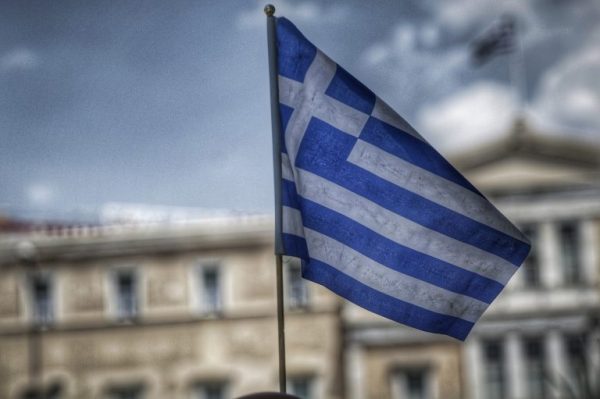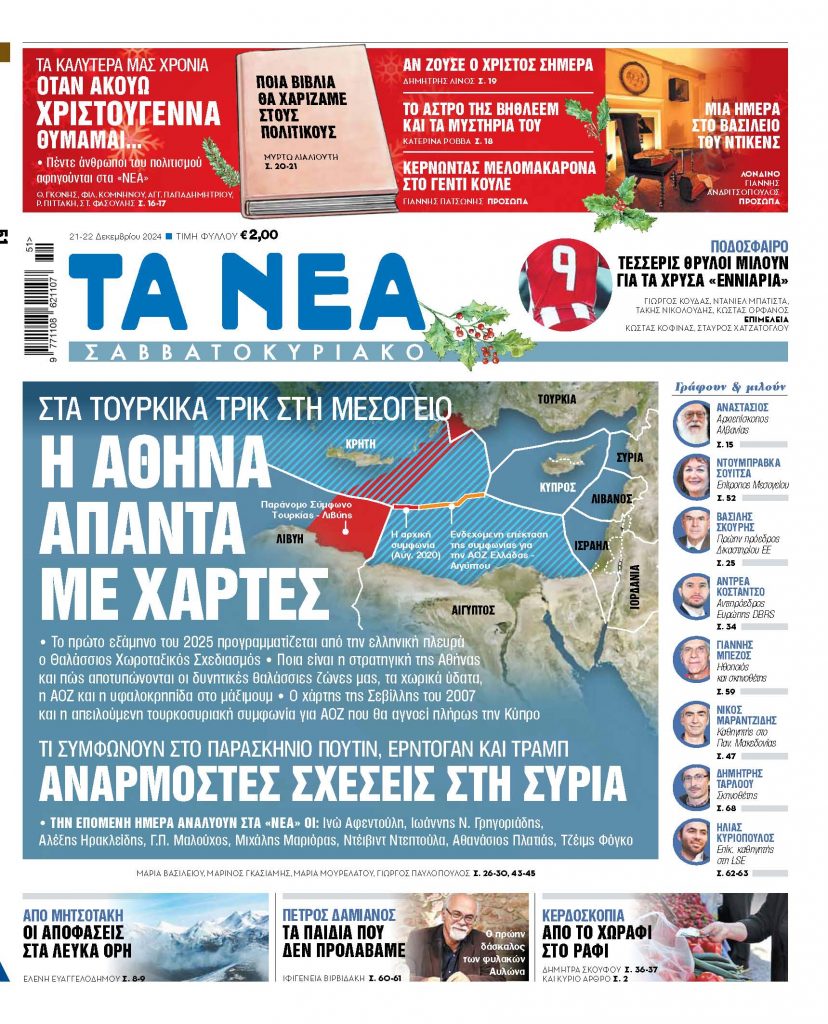Today’s EU summit offers Greece an opportunity that has been shaped in part by Athens through a series of moves and strategies.
Greece has the necessary momentum to persuasively and with good prospects raise a series of issues that it considers important.
Aside from French President Emmanuel Macron and Italian PM Mario Draghi, Athens also enjoys the support of European Central Bank President Christine Lagarde.
All of them to a greater or lesser degree can be considered allies of Greece, geopolitically and on the level of the economy, Greek-Turkish relations, and the migration issue.
Today’s strategy of alliances should be a model in the immediate future as we confront the energy crisis, the terms of the recovery of societies, and continuous violations by Ankara both of Greece’s rights and of human rights in Turkey.
There has been no point in recent memory that Greece had such stable support by a series of countries with substantial geopolitical weight that embrace our positions.
That was in large measure achieved by Greece’s steadfast efforts to remind its partners that as a member of both the EU and NATO it is a constant force of stability in the Eastern Mediterranean, with a deterrent capacity and diplomatic experience.
In a rapidly shifting geopolitical terrain, Greece is outward looking, with a steady pace, red lines, and growth prospects.








